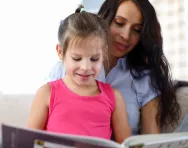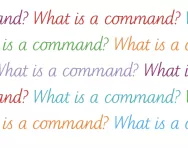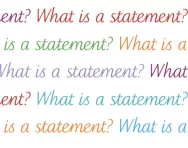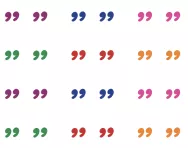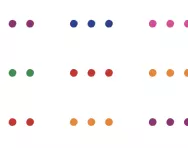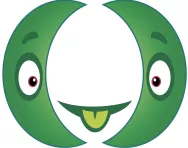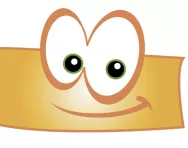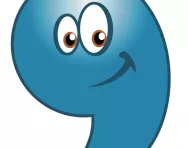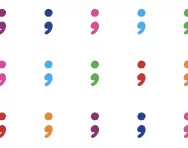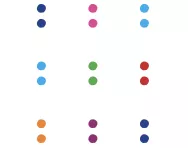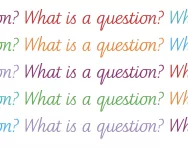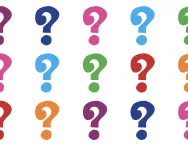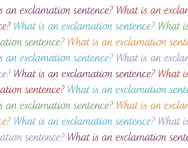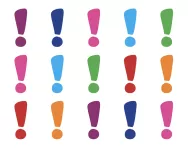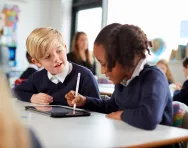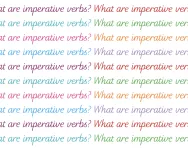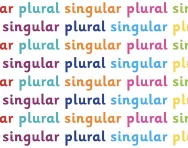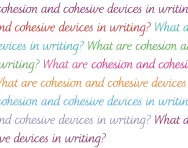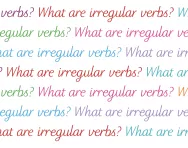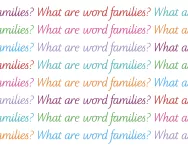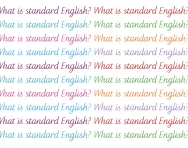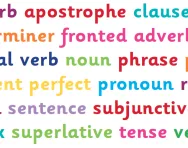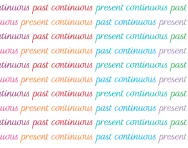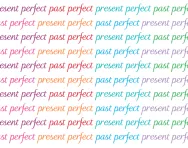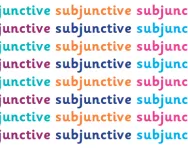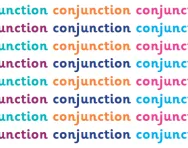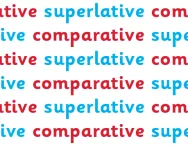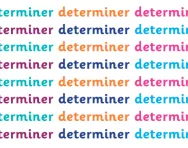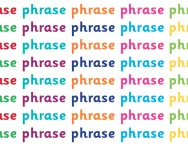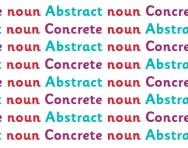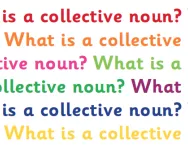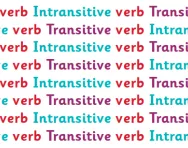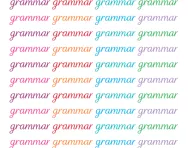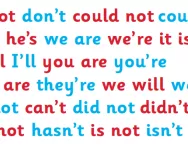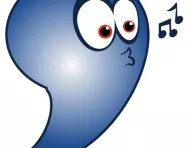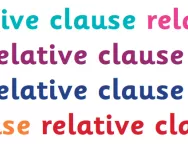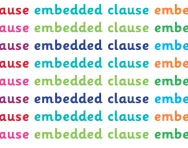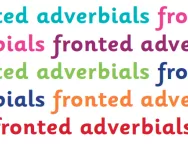Best literacy resources
Whether your child is just learning to read and print letters or looking for ways to put their creative writing skills to the test, we've rounded up some fantastic resources to help them practise phonics, grammar, story-writing and comic-creating at home. Plus there are loads of different ways to connect with authors and listen to stories.
What is a command?
Command sentences and imperative verbs explained for parents, with examples and details of how commands are taught as part of the primary-school grammar curriculum.
What is a statement?
A parents' guide to statements, the most common sentence type, with information about how they are taught as part of the primary-school curriculum.
What are speech marks?
Understand how speech marks (or inverted commas) are used when punctuating direct speech with our grammar guides for primary-school parents.
What is an ellipsis?
An ellipsis (sometimes referred to as dot dot dot...) is a punctuation mark we use to indicate that words are missing. We explain how the ellipsis is introduced in primary school in our guide for parents.
What is parenthesis?
We explain parenthesis and parentheses (or brackets) and how children are introduced to the different ways to add information to a sentence as part of the primary school curriculum.
What is a dash?
Understand how dashes are taught in the primary school grammar curriculum with our parents' guides to punctuation.
What is a comma?
Understand how commas are introduced to primary-school children with our guide to KS1 and KS2 grammar.
What is a semi-colon?
Understand how semi-colons are taught in the primary-school classroom with our parents' guides to grammar and punctuation.
What is a colon?
Understand how colons are introduced and taught in the primary-school classroom with our parents' guides to grammar and punctuation.
What is a question?
Find out how, what and when children are taught about question marks in primary school in our grammar and punctuation guide for parents.
What is a question mark?
Understand how question marks are explained and taught in the primary school classroom with our parents' guide to punctuation and grammar.
What is an exclamation sentence?
Understand the primary curriculum definition of an exclamation sentence with our parents' guide to primary-school grammar.
What is an exclamation mark?
Understand how to punctuate exclamation sentences and how to communicate sudden and strong emotion in writing with our parents' guide to exclamation marks.
What is a full stop?
Children start learning about punctuation in Reception and Year 1 when they are introduced to full stops and their use. Understand how and when your child learns to use full stops correctly with our parents' punctuation guide.
Best grammar and punctuation apps for kids
The current National Curriculum puts a lot of emphasis on English grammar. We've rounded up the best apps to help your child get to grips with punctuation, parts of speech, tenses and more.
What are imperative verbs?
Do you know how imperative or "bossy" verbs are used in instruction texts? We explain how children are introduced to imperatives from Year 2 onwards, with examples of how they are taught in the primary classroom.
Best apps for new readers
Reading doesn't always have to involve books. We've rounded up the best apps for children who are learning to read, ranging from traditional tales to interactive games that will improve their reading as they play.
What are singular and plural?
Singular and plural nouns and how they're taught in primary school, plus how KS1 and KS2 children learn about the formation of irregular plurals and how to use possessive apostrophes.
What are cohesion and cohesive devices in writing?
As children start to develop their own writing style in primary school they will be asked to use "cohesive devices" to improve their writing and help it flow. We explain what "cohesion" means in fiction and non-fiction writing.
What are irregular verbs?
Children learn to use irregular verbs naturally as they speak and write English, but will also understand more about them during their time at primary school. We explain how irregular verbs are introduced in the classroom in our guide for parents.
What are word families?
Understand more about how children are introduced to word families, made up of words that share a root word modified by different prefixes and suffixes, in our guide for primary-school parents.
What is Standard English?
Standard English is accepted as the "correct" form of English, used in formal speaking or writing. In primary school children are expected to learn to write according to the rules of Standard English.
Primary grammar glossary for parents
Do you know the difference between the subject and the subjunctive? Can you identify a relative clause or find a phrase? From active voice to verb tense, TheSchoolRun's primary-school grammar glossary offers a complete guide to all the grammatical concepts children are taught in EYFS, KS1 and KS2 English. As well as basic definitions we offer more detailed explanations, teachers' tips and examples for each grammar term.
What are the present continuous and the past continuous?
We use the present continuous and past continuous verb tenses when talking or writing about actions that continue or continued over a period of time In our parents' guide to the continuous or progressive verb tenses we explain what children are taught in the primary-school classroom.
What are the present perfect and the past perfect?
We use the present perfect and past perfect verb tenses when talking or writing about actions that are completed by the present or by a specific moment in the past or future. In our parents' guide to the perfect verb tenses we explain what children are taught in the primary-school classroom as part of the grammar curriculum.
What is the subjunctive?
Your child will learn about the subjunctive form as part of the Year 6 grammar curriculum. We explain what KS2 parents need to know about this verb form and how to recognise and use it correctly.
What is a conjunction?
Conjunctions are joining words that link different parts of sentences. In our parents' guide we explain how children learn about conjunctions as part of the primary-school grammar curriculum.
What are comparatives and superlatives?
We use the comparative and superlative forms of adjectives and adverbs to compare things, people, actions and states in our writing. Find out how your child is introduced to this concept, how they will learn to form the comparative and superlative and how they will practise using them in the primary-school classroom.
What is a determiner?
Determiners (a, the, many, one, my, their) identify nouns and are taught as part of the Y5 and Y6 grammar curriculum. We explain what primary-school parents need to know.
What is a phrase?
A phrase is a small group of words within a clause. We explain how children are taught about clauses as part of the primary-school grammar curriculum and what you need to know to support their learning at home.
What are concrete and abstract nouns?
Concrete and abstract nouns explained for primary-school parents, including examples of how your child might be introduced to them in the classroom.
What is a collective noun?
Collective nouns explained for primary-school parents, including examples of collective nouns and how they are used.
What are transitive and intransitive verbs?
Help your child with Year 6 grammar and understanding how sentences are constructed with our parents' guide to transitive and intransitive verbs.
Grammar in primary school
From abstract nouns to verb tenses and the passive voice, your child will be taught lots of grammatical terminology and concepts during their time in primary school. Find out more about what they learn, when, and how grammar knowledge is tested in KS1 SATs and KS2 SATs.
What are contracted words or contractions?
Contracted words or contractions are used every day in spoken and written English. Help your child keep them straight with our parents' guide, including complete listings of the common contractions children learn to spell in Year 2 and throughout Key Stage 2.
What is an apostrophe?
Children are first introduced to apostrophes in Year 2. Help them practise punctuating correctly at home with our simple revision tips, covering the use of apostrophes for possession and omission.
What is a relative clause?
Relative clauses enrich sentences by offering extra information. We explain how to identify them in a sentence and offer tips to help parents support their child's grammatical understanding.
What is an embedded clause?
Understand and use embedded clauses with confidence with our plain-English parents' guide, including examples and details of how this aspect of sentence construction is taught in Key Stage 2 grammar.
What are fronted adverbials?
Fronted adverbials, words or phrases that describe the action in a sentence, are introduced to KS2 children in Year 4. Find out how to identify them and how your child will be taught to use fronted adverbials in their writing in our parents' guide to primary grammar concepts.
